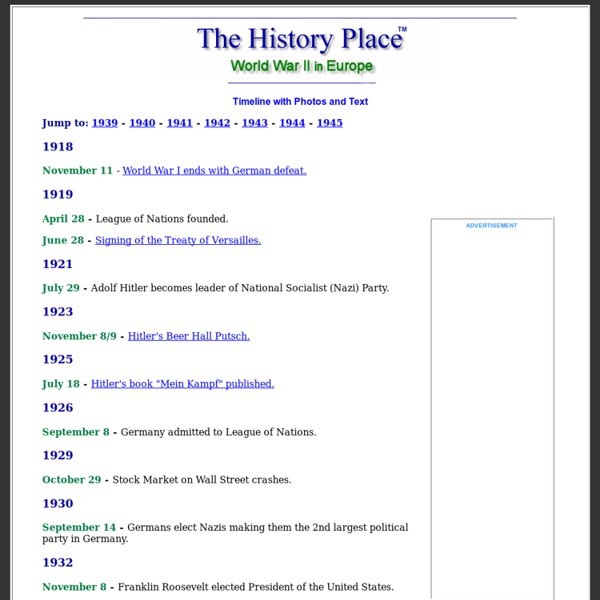Bombing of Tokyo
Bombing of Tokyo (東京大空襲, Tōkyōdaikūshū?), often referred to as a series of firebombing raids, was conducted as part of the air raids on Japan by the United States Army Air Forces during the Pacific campaigns of World War II. The US first mounted a small-scale raid on Tokyo in April 1942. Strategic bombing and urban area bombing began in 1944 after the long-range B-29 Superfortress bomber entered service, first deployed from China and thereafter the Mariana Islands.
Dunkirk
Dunkirk, and the evacuation associated with the troops trapped on Dunkirk, was called a "miracle" by Winston Churchill. As the Wehrmacht swept through western Europe in the spring of 1940, using Blitzkrieg, both the French and British armies could not stop the onslaught. For the people in western Europe, World War Two was about to start for real. The "Phoney War" was now over. The advancing German Army trapped the British and French armies on the beaches around Dunkirk. 330,000 men were trapped here and they were a sitting target for the Germans. Admiral Ramsey, based in Dover, formulated Operation Dynamo to get off of the beaches as many men as was possible.
The Rise of Adolf Hitler (Biography)
From Unknown to Dictator of Germany 24 Chapters [ The History Place Main Page | American Revolution | Abraham Lincoln | U.S. Civil War | Child Labor in America 1908-1912 | U.S. in World War II in the Pacific | John F. Kennedy Photo History | Irish Potato Famine | Genocide in the 20th Century | World War I Timeline | Photo of the Week | Speech of the Week | This Month in History | Books on Hitler's Germany | History Videos | Movie Reviews | Advertise | Send Feedback ]
Adolf Hitler
Adolf Hitler was born on 20th April, 1889, in the small Austrian town of Braunau near the German border. Both Hitler's parents had come from poor peasant families. His father Alois Hitler, the illegitimate son of a housemaid, was an intelligent and ambitious man and was at the time of Hitler's birth, a senior customs official in Lower Austria.
Hitler Youth Materials
Kurt Gruber formed the first group of young members of the National Socialist German Workers Party (NSDAP) in 1926. Rudolf Hess suggested the name of the Hitler Youth (Hitlerjugend) and later that year transferred the leadership of the movement to Franz von Pfeffer of the Sturm Abteilung (SA). Pfeffer's main intention was to train young men to fight against members of left-wing youth groups. The Hitler Youth (HJ) were taken over by Ernst Roehm in 1930 and remained as a adjunct to the SA. After Roehm was murdered during the Night of the Long Knives the group came under the control of Baldur von Schirach, the Reich youth leader.
The SS Black Book
The Black Book was the post-war name given to the Sonderfahndungsliste G.B. ('Special Search List G.B'), the list of prominent Britons to be arrested in the case of a successful invasion of Britain by Nazi Germany in World War II. The list was a product of the SS Einsatzgruppen and compiled by Walter Schellenberg.
The most brutal battle in history
Germans fighting for every inch of the road to Stalingrad, 1942 [] Four-and-a-half-million men deploying 600,000 vehicles, 3,700 tanks, 750,000 horses, 1,800 bombers and fighters and half a million guns streamed eastwards on a 1,800-mile-long front at 3.15am on the morning of June 22, 1941. They were the bearers of a New World Order whose cruelty would beggar belief. This was the start of Operation Barbarossa, Hitler’s assault on the Soviet Union intended to wipe out communism, the Jewish race, and to give Germans the “living space” upon the vast Russian steppes that the Führer had promised his people in Mein Kampf. By the time the battle for the Eastern front was over at the end of 1944 an estimated seven million Russian soldiers had died in combat while a staggering 20 million civilians were murdered, killed in the fighting or in captivity, or starved to death. More than four million German troops died.
Battle of Stalingrad - World War II
The Russians hailed it a “contemporary Cannae,” and the Germans condemned it as a Rattenkrieg (Rat War). Both descriptions were fitting. In the Battle of Stalingrad, Soviet forces surrounded and crushed an entire German army under General Friedrich Paulus, emulating Hannibal’s encirclement and destruction of a Roman army under Aemilius Paulus in 216 B.C. For both sides, Stalingrad became a desperate ordeal of rodentlike scurrying from hole to hole.
The Battle of Stalingrad
The Battle of Stalingrad is considered by many historians to have been the turning point in World War Two in Europe. The battle at Stalingrad bled the German army dry in Russia and after this defeat, the Germany Army was in full retreat. One of the ironies of the war, is that the German Sixth Army need not have got entangled in Stanlingrad. Army Groups A and B were well on their way to the Caucasus in south-west Russia, when Hitler ordered an attack on Stalingrad.



